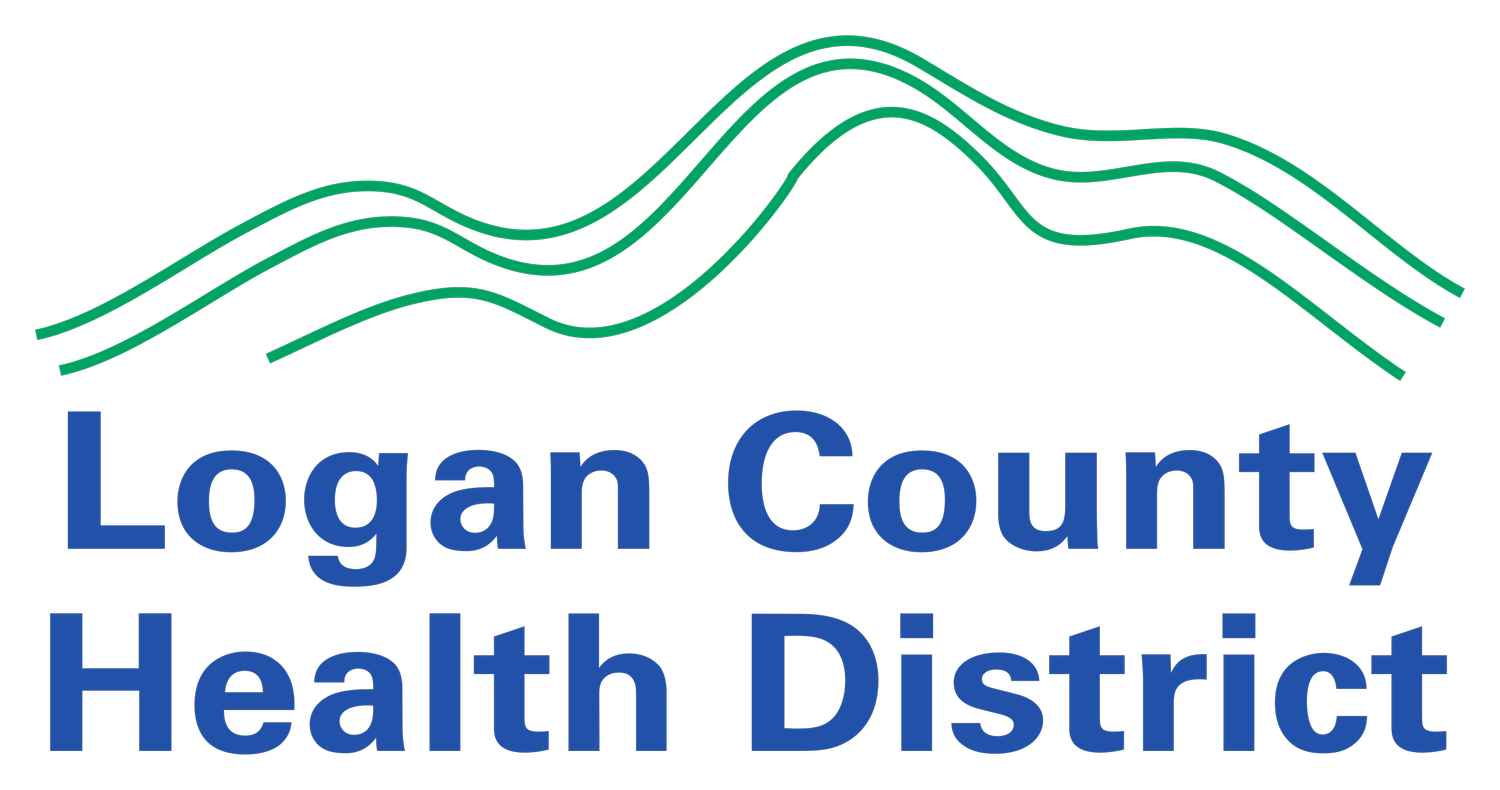National Public Health Week: Sunday
Today’s theme is food and nutrition!
Food is a defining aspect of our diverse cultures, from holiday traditions to special recipes passed down through the generations. Food and nutrition are at the core of many public health concerns, from chronic disease to climate change. In 2021, 10.4% of Americans (33.8 million people, including 9.3 million children) lived in households that experienced food insecurity, meaning they lacked access to adequate nutritious foods. Children need a balanced diet to grow into healthy adults and long-term food insecurity can lead to serious illness, such as type 2 diabetes, heart disease and mental health issues. Food-insecure families also face difficult decisions like choosing between buying groceries or paying for health care. The most readily available foods are often ultra-processed products that are correlated with multiple health conditions. Researchers say the food industry is putting profit before people. Furthermore, climate change puts our global food supply at risk as an increase in severe weather threatens agriculture. Our current food systems are part of the problem, contributing at least a quarter of greenhouse gas emissions.
The federal government offers food safety net programs like the Supplemental Nutrition Assistance Program (SNAP), the Special Supplemental Nutrition Program for Women, Infants, and Children (WIC), and free school meals, but many food-insecure families are ineligible because of income level and other factors. Encourage your representatives in Congress to support legislation that expands eligibility for these programs. You can also provide input on the 2023 Farm Bill, which determines funding for SNAP. Contribute to your own community by volunteering with a food bank in your area, and while you’re at it, ask Congress to keep food banks fully funded. For inspiration, read about how community leaders across the country are shaping policy.
While broad structural shifts will be most effective for long-term improvements in food and nutrition, we have promising stopgap solutions from the local to national levels. Research shows that children who participate in federal programs such as SNAP and WIC have higher levels of food security into adulthood. For those enrolled in SNAP, fruit, and vegetable prescription programs have been shown to encourage healthy eating and help with diabetes management by reducing blood glucose levels.
